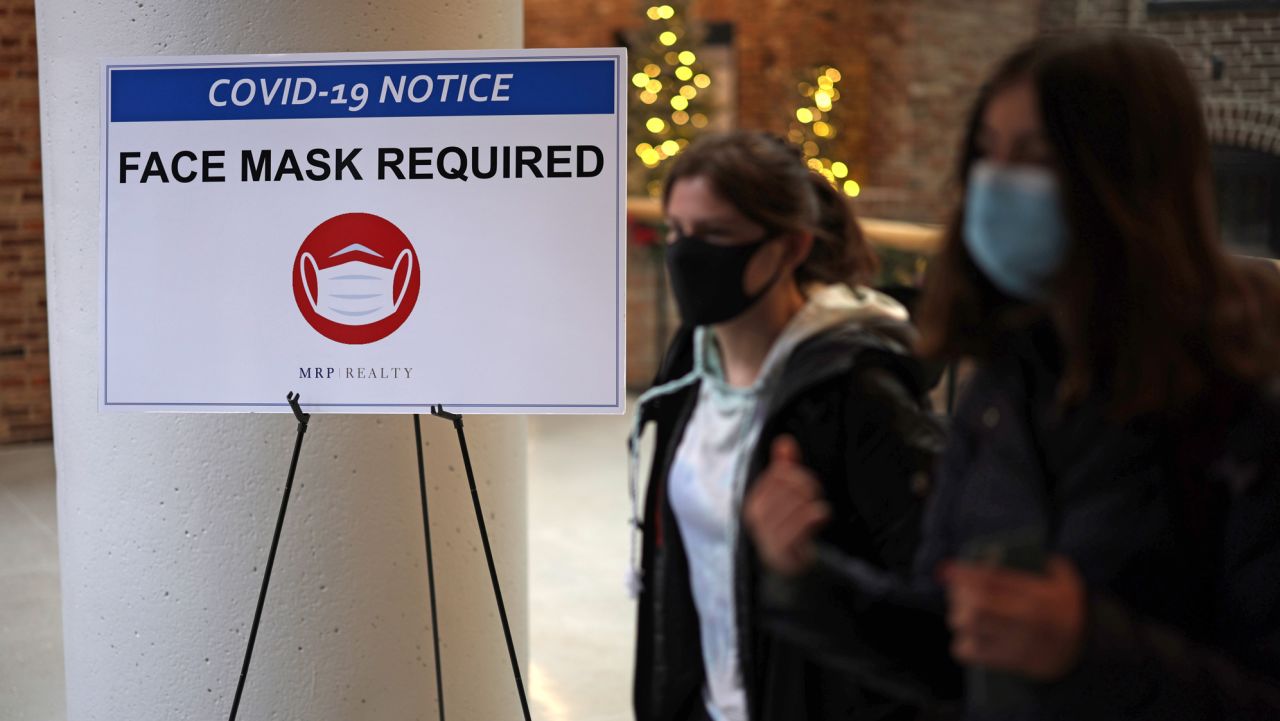Editor’s Note: Benny Buller is founder and CEO of Velo3D. The opinions expressed in this commentary are his own.

This past spring, I established a rule requiring all 150 of my employees to be fully vaccinated against Covid, regardless of where they are working. Although our employees have been allowed to continue working from home, all of them need to be able to attend a meeting at the office if they’re called in. That meant mandating vaccines for everyone, unless they had a medical exemption from a doctor.
I also made the same rule for anyone else who wishes to visit our facilities. This includes representatives of businesses that might want to buy parts from us and wish to see our work in action. It also includes investors and contractors.
When I announced this, some people on social media who were not affiliated with my company rushed to say how awful it was, arguing that it was an affront to their liberties. I disagree. Just as they have the right to choose whether or not to get a vaccine, management can choose to set rules for their employees at a privately-held company. I saw it as a moment in which business leaders are called on to do the right thing.
Vaccines save lives. With Covid cases surging again, it’s imperative that executives show courageous leadership by mandating vaccines at their organizations. In conversations with other business leaders, I often hear expressions of fear. They fear that if they mandate vaccines, employees will resign, that customers will turn on them or that they may face legal challenges. I believe these fears are exaggerated, particularly as more Republicans are now encouraging vaccinations and after the Trump administration’s surgeon general said Covid is “spiraling out of control” because of unvaccinated people.
I’ve now had the rule in place at my company for several months, and the results have surpassed my expectations. We did see one employee resign after we announced the vaccine mandate. And there have been some others who said they are ideologically opposed to the mandate, although they didn’t mind getting vaccinated themselves. I respect their opinion, although I do not agree with it. But the vast majority of employees have told me they appreciate the rule and what it has achieved, both for the company and for themselves.
Creating a safe, comfortable work environment
Many business leaders have known for years that a safe and hygienic work environment increases employee satisfaction and productivity, not only by helping to ward off illnesses, but also by making people feel more comfortable and less worried.
We’ve seen this effect heightened. After a year at home, most of our employees have been excited to return, and have told me they feel safe knowing that everyone is vaccinated. Our offices have been bustling with activity. People have been interacting without masks and without social distancing. We’re working together, eating together, laughing together and, at the end of the day on Fridays, drinking together.
Of course, concerns about the Delta variant and its dangers could lead to new health guidance for businesses in terms of masks and social distancing. And we will take that seriously. Our employees’ health is essential.
For customers, pragmatism wins
What surprises many people is how positive our customers have been about the mandate. We operate in industries that skew politically conservative, including oil and gas, power generation, manufacturing and aerospace. Many of our customers are in “red states,” including Oklahoma, Texas, Arizona and Ohio. They’ve told me that they value how the decision made us more stable and operationally sound, as we’ve been able to count on our personnel to deliver with fewer interruptions and setbacks from Covid.
In the end, many people appreciate the bottom line — even if they are ideologically opposed to the idea of employers mandating vaccines. Pragmatism rules.
Aside from one recruiting firm, all of our suppliers have also been on board with the decision. The firm decided to no longer work with us. And even though the loss did not cause any disruption, I wanted to understand their position. So I spoke with the CEO, who explained they have a fundamental objection to vaccines and to human intervention in God’s creation and God’s plans. I respect their opinion, and we parted as friends.
Executives like me can help allay people’s fears. The more people who get vaccinated, the more Americans will see how well it works. There is power in numbers.
We call ourselves business “leaders.” Now is a time for courageous leadership. In the future, people will look back on us. We can be remembered either for having stood on the sidelines too afraid to act, or for having done the right thing and helping to save lives.

























